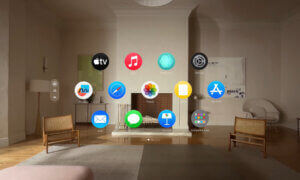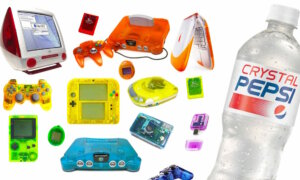Oculus Go or Vuzix Blade? HTC Vive Focus or Skully AR helmet? Bose AR sunglasses or Magic Leap? All these products are utilizing one of the two growing technologies, artificial reality (AR) and virtual reality (VR). These terms have been thrown around recently and each offers a divergent but equally alluring experience. We spoke with with Greg DeCamp, Director of Product Management VR & AR at Xperi, during Mobile World Congress to learn more about each technology and what the future looks like when it comes to these reality altering technologies.
DeCamp is a gamer himself with a guilty gaming pleasure of Robo Recall for the Oculus Rift. The Oculus Rift is a VR system, so one might expect DeCamp to see a limitless future in VR. Yet, DeCamp surprised us when he stated unapologetically: “I think there’s more opportunity in the AR space.”
He supports his claim by saying, “VR is awesome for games and it’s the way to take you someplace that isn’t where you are, in a fantasy world. AR is [about] improving where you are or enhancing where you are. So, [let’s say] I get the opportunity to see the pyramids, when I put [the device] on, I’ll see all sorts of additional data.”
As cliché as it sounds, AR devices and technology can actually make this world a better place. Instead of pretending you’re a different person in a different world in VR, you get to be yourself and just adjust the environment to fit your needs.
However, VR has been around for a while now while AR has just started picking up steam. Plus, as DeCamp points out, the technology involved in VR has improved enough to allow for more freedom in that imaginary world: “You’re going to see a lot of inside-out tracking. […] I think that’s gonna be a big change. A couple of years ago it was the birth of VR, now it’s kind of the baptism of VR in that it will drive much better adoption, it will be more engaging because people can actually move around.”
One of AR’s main strengths, portability, will definitely continue to be the focus of manufacturers. Unlike VR headsets, there’s no tethering when it comes to AR smart glasses. These wearables will only become lighter and more immersive, believes Greg, as companies will bring depth-sensing and 3D audio with improved speakers to them.
Either way, the future looks bright for AR and VR!
Follow TechTheLead on Google News to get the news first.
























